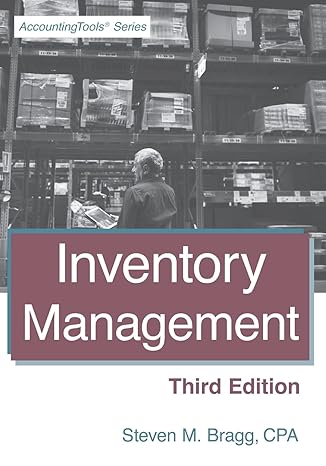Question
When making hiring decisions, employers look at the total picture of what a candidate can bring to their organization. That composite includes a compilation of
When making hiring decisions, employers look at the total picture of what a candidate can bring to their organization. That composite includes a compilation of their skills, characteristics, and personality traits, each one falling under the label of "hard skills" or "soft skills." In the healthcare setting, hard skills and soft skills are both critically important to providing exceptional patient care. So, what are hard skills and soft skills in healthcare and how do they make an impact on success.
One key difference between hard skills and soft skills is how they are gained and how they are used each day. Often, hard skills are attained through education or specific training. Key hard skills in healthcare are:
- knowledge of regulatory practices
- chart requirements
- state survey readiness
- knowledge of healthcare computer systems and databases
- how to analyze patient data
- monitoring vital signs and behaviors
Hard skills tick the boxes as being teachable skill sets that are easily recognizable by employers and relatively straightforward to measure. These are the quantifiable skills that enable healthcare workers to perform the functions of their job to the expected standard of care, which is essential to any healthcare organization.
Soft skills, however, are focused on overall habits, strengths, and even perspectives that impact one's performance in the workplace. Oft dubbed as "people skills" or "interpersonal skills," soft skills are subjective and, therefore, can be much more difficult to quantify than hard skills. Soft skills can be thought of as life-learned and innate, such as:
- managing time
- communicating with people effectively
- being a "team player
- having compassion for patients
- confronting or handling a difficult situation
- managing stress
Soft skills in healthcare are every bit as important as hard skills. At a basic level, healthcare professionals need to have an innate passion for impacting the lives of others in a positive way. Soft skills translate into the ability to build relationships with residents or patients, and family members, knowing how to communicate with a team and supervisors, handling stressful situations, and remaining professional in all areas of their work.
Employers across the board will answer with a resounding yes, confirming that candidates indeed need both types of skills. Consider these scenarios:
- Bob is a Nursing Home Administrator and his knowledge of state regulations are second-to-none, but his lack of time management consistently has his team playing catch up.
- Nancy received top marks in the CNA certification training, but she is often impatient and cranky with the long-term care patients she is serving.
- John's experience has proven his human resources skills will benefit the company, but within the first two weeks on the job, he's proven to be very difficult to get along with.
- A reversal of the situation can be just as detrimental to the company, such as when Mary is hired as an MDS Coordinator. Although she gets along with everyone, is kind, considerate, and pleasant to be around, her lack of documentation leaves records in an unorganized mess.
The appropriate hard, technical skills are crucial for a candidate's success. Equally valuable are the soft skills that will assist the candidate in both the timely and satisfactory completion of his/her tasks and aid him/her in connecting with co-workers and clients.
GIVEN THE INFORMATION ABOVE PLEASE ANSWER THE FOLLOWING QUESTION:
- Explain 2 differences between soft skills and hard skills in health care environment?
Step by Step Solution
There are 3 Steps involved in it
Step: 1
In the healthcare environment both hard skills and soft skills play pivotal roles but they have dist...
Get Instant Access to Expert-Tailored Solutions
See step-by-step solutions with expert insights and AI powered tools for academic success
Step: 2

Step: 3

Ace Your Homework with AI
Get the answers you need in no time with our AI-driven, step-by-step assistance
Get Started


